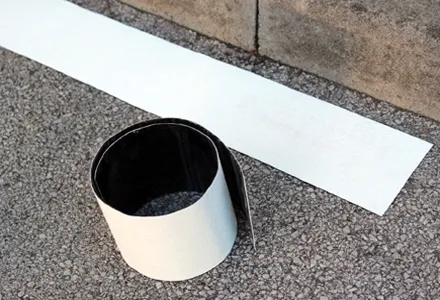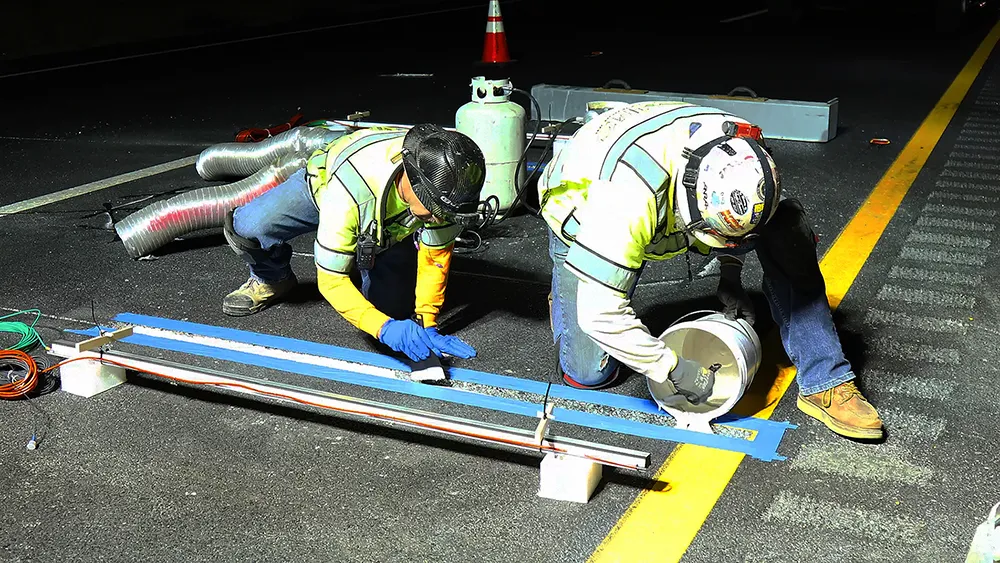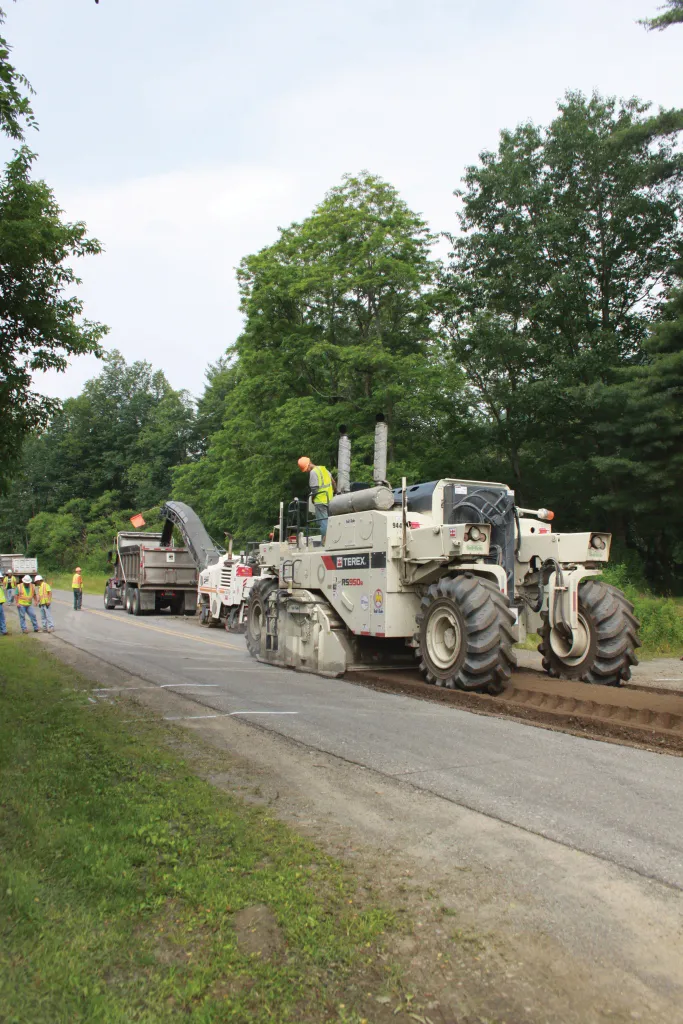Ennis Prismo Traffic Safety Solutions now has a quick solution to pothole patching problems and temporary road marking needs.
February 21, 2012
Read time: 2 mins

To meet international specifications, the product is manufactured in a controlled environment, with extremely strict levels of quality control.
In addition the firm's latest temporary road marking system is said to be quick to install and offer higher levels of durability than previous products. Previous temporary road marking solutions have associated problems such as a lengthy drying or curing process, a need for high installation temperatures and a requirement for large machinery. But the novel pre-formed, cold applied road paint, marketed under the Paintmark brand from Ennis Prismo offers an innovative solution. This product is said to be simple and quick to use and can minimise costly road closure times. This can carry traffic immediately after installation and can also be removed easily. The product can be produced in a wide selection of shapes, lines, colours and designs, including symbols and company logos and is workable even at low temperatures. The special paint comprises a durable waterborne traffic paint, into which high index glass beads can be incorporated to provide high retro-reflectivity if required. The system bonds to the road surface using a natural bitumen with high adhesive qualities. Between the paint and the adhesive is a layer of specially developed high strength fabric, which binds the two together. Removal is achieved by simply warming the product with a gas torch or steam hose and there is no need for hydroblasting, scabbling, or the use of a heat lance.








